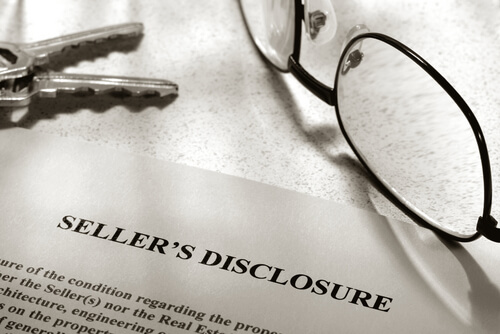Buyers often assume newly build homes, condos, and apartments should be perfect, but even new builds can have defects – design, materials, carpentry, appliance installation and even construction itself can be faulty. If this happens after you move in, buyers often wonder what rights they have in New York to have the problems fixed and […]
Read More
What Would a Change to New York’s 50-a Law Mean?
Now that New York’s Senate is under the control of Democrats, the state’s controversial 50-a law is being looked at with an eye towards revision or repeal. This could mean sweeping changes surrounding misconduct involving the police and other corrections personnel. What is 50-a? In the New York Civil Rights Law, section 50-a declares that […]
Read More
Questions to Ask When Negotiating Business Contracts in New York
Contracts are the cornerstone of doing business in New York. Entering one means you and the other party agree to fulfill certain obligations to each other. Though some contracts may be created informally through a handshake or orally, they are ideally well-negotiated written documents that clearly define each party’s responsibilities. Whether you’re negotiating, reviewing, or […]
Read More
What Are Common Questions When Buying a New York City Co-Op?
In New York City, nearly every apartment is a co-op which are subject to many more rules than traditional apartment buildings. Due to these additional rules, it’s no wonder buyers in the market for a co-op have more questions than the average purchaser. Though everyone is different, some questions consistently arise when purchasing a co-op […]
Read More
What if Someone Is Encroaching on My Property in New York?
New York City is a metropolis constantly under construction. New buildings are erected, and structures are renovated and remodeled every day. The flurry of activity means the city is also hotbed of disputes between landowners. A common source of disputes between real estate owners comes up when a new structure encroaches onto adjoining property owned […]
Read More
What Disclosures Must the Seller of Property in New York Make?
Selling property in New York is a complex, multi-step process between buyer and seller. Real estate laws have given both parties legal responsibilities during the transaction and failure to comply with mandatory procedures and disclosures can result in costly legal penalties. One major responsibility of the seller is complying with mandatory disclosures New York sellers […]
Read More
Can the Government Take My New York Property Through Eminent Domain?
It seems like an unfair scenario; you own property in New York, and you are suddenly contacted by a representative of an state agency or department’s real estate office notifying you the government is planning to acquire your land whether you like it or not. You may wonder if this is legal and what steps […]
Read More
What are The Benefits of Establishing a Living Trust in New York?
When planning your estate there is a choice to be made between writing a will and creating a trust. While a will transfers assets to heirs at death, trusts operate differently. The grantor typically appoints themselves the trustee and retains control of the trust during the remainder of their life. Though living trusts have become […]
Read More
What Do New York’s New Tenant Protection Laws Mean?
This year, a new law took effect fundamentally altering housing regulations in New York. The Housing Stability and Tenant Protection Act extended protection to residential and commercial tenants alike. The law offers renters and residents of manufactured housing eviction protections, permanently closes gaps within the state’s rent-stabilization system and expands the system statewide. But what […]
Read More
Can I Sue for a Breach of Contract by a New York Real Estate Buyer?
If you are selling property in New York, you may wonder what options you have if a buyer breaches the real estate contract with you. A breach means the buyer does not fulfill their obligations after they have made an offer on the property and you have accepted it, which created a contract. These cases […]
Read More
